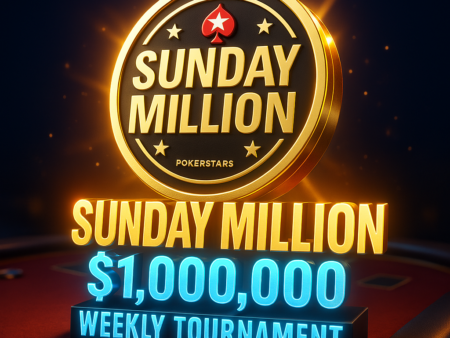🎲 The World of Poker: Poker Principles
Poker is one of the most transparent and straightforward card games. Unlike games like bridge, poker doesn’t require a referee or an external judge. Every move is visible, and any cheating or unfair behavior is extremely rare—especially in regulated environments.
Still, whether you’re joining a home game or taking a seat in a poker room, knowing and following key principles will help you blend in, avoid mistakes, and maybe even project the image of a seasoned shark.
🧠 Table Etiquette & Core Rules
🗨️ 1. Don’t Comment on Other Players’ Moves
Stay silent during hands—especially if you’re not involved. Positive remarks are fine, but don’t critique others’ strategies. Every player is free to play their style. The best way to prove your edge? Winning.
🃏 2. Respect the Deal
If you’re the dealer, always let the player on your right cut the deck. When revealing community cards (like the flop, turn, or river), burn the top card each time to prevent cheating.
💰 3. Keep Your Chips Visible and Organized
All chips should stay in front of you, neatly stacked. High-denomination chips should be clearly visible, not hidden under smaller ones. In tournaments, this is a basic requirement.
🤫 4. Don’t Reveal Your Folded Cards
Sharing your cards—whether out of frustration or pride—can give away information. If you do show them to one player, you must show them to all. It’s the classic poker rule: “Show one – show all.”
📢 5. Declare Your Actions Clearly
Speak up when calling, raising, or folding. Tapping the table means “check,” but if you’re unsure of another player’s gesture, ask for clarification. Don’t assume.
🪙 6. Raise Properly
If you’re raising, announce your raise first, then place the full amount in one motion. Putting chips in gradually may be seen as just calling.
🚫 7. No Table Talk About the Board
Don’t say things like “Oof, that seven completes the straight!” when you’re out of the hand. This might help inexperienced players still in the game, and it’s against the rules in most poker rooms.
🙄 8. Avoid Complaining
Bad beats happen. Don’t berate your opponents or sulk after losing a hand. Everyone saw what happened—focus on the next hand and leave the sympathy search to your friends in the rail, not at the table.
✅ Summary: Good Habits Make You a Better Player
Whether you’re a recreational player or aspiring pro, these basic poker principles are part of the game’s unwritten code. Stick to them, and not only will you be respected at the table—but you’ll likely improve your results over time.
🎓 Want to learn more poker tips and strategies? Stay tuned to our site for in-depth guides, hand analysis, and profiles of poker’s greatest legends.










